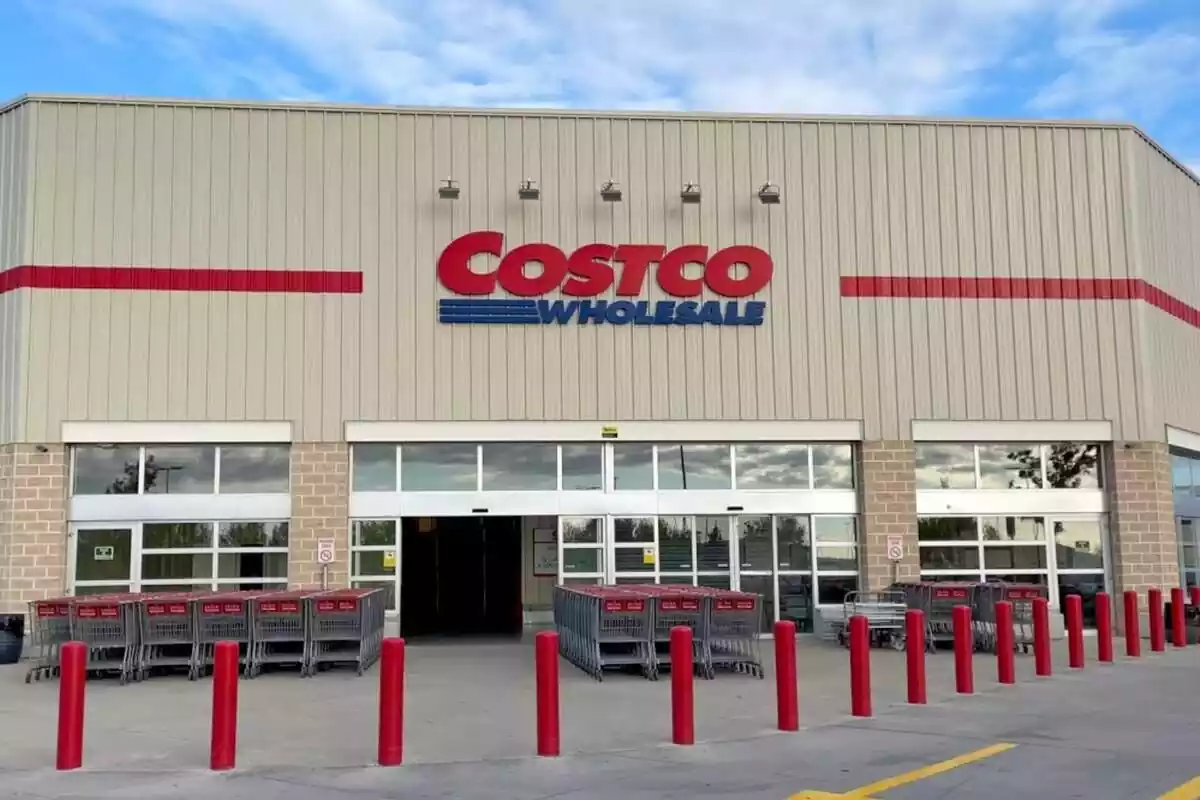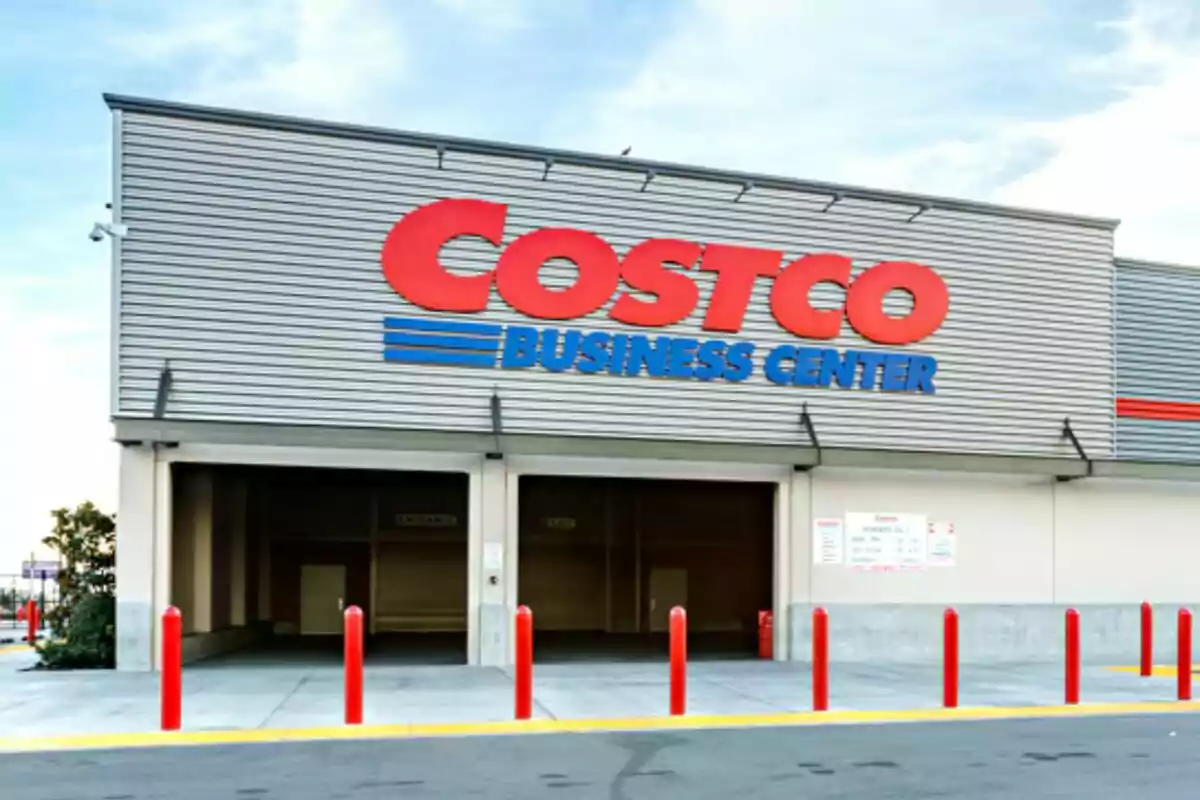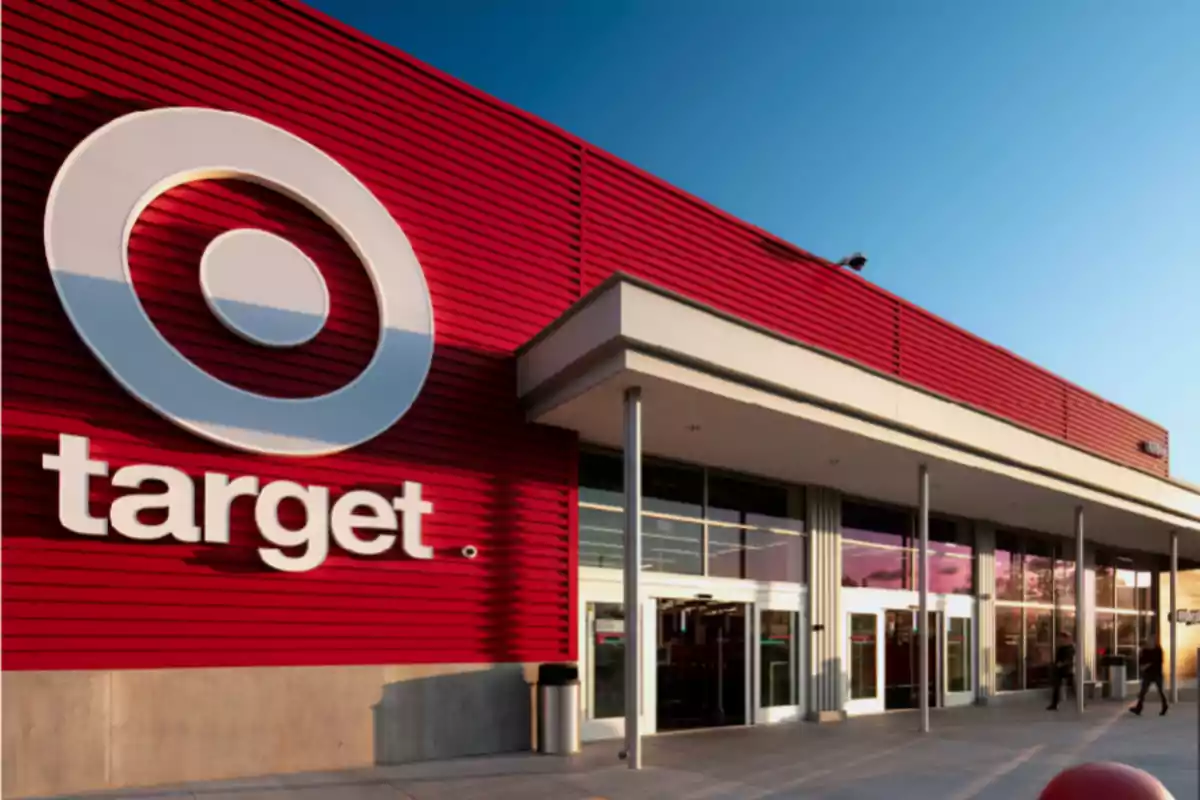Costco has become the main player in the retail sector in the United States, and this time the reason goes far beyond a simple offer or promotional campaign. A last-minute announcement has surprised many: Costco has been crowned as Americans' favorite store.
In an increasingly polarized environment, consumers are scrutinizing the decisions of large companies. In that context, Costco has achieved something many did not expect. Its firm commitment to diversity and inclusion (DEI) has marked a turning point: it is already Americans' favorite store.

This strategic shift, which prioritizes respect and equity at all levels, has paid off. It has led Costco to surpass other retail giants, such as Walmart and Target, which have seen their popularity decline.
Costco, Americans' Favorite Store
Meanwhile, other chains, like Target, have chosen to backtrack, Costco has doubled its efforts. It has maintained its roadmap, without yielding to political pressures or strategic setbacks. That consistency is yielding very visible results.
In fact, the data speak for themselves. According to Numerator, visits to Costco stores have increased by 7.7 million in just four weeks. In the same period, Target has lost about 5 million visits.
One of the keys to Costco's success lies in its connection with African American and Hispanic consumers. These communities particularly value the inclusive approach of the retail giant. In fact, many of those lost visits at Target have ended up moving to Costco.
Costco's CEO, Ron Vachris, has made it clear to shareholders. Diversity and inclusion are not only fair, but also profitable. In his view, a respectful environment boosts both employee well-being and customer loyalty.

What Has Costco's Competition Done?
Meanwhile, Walmart has opted for a more neutral path. Although it has maintained its DEI policies, these have never been at the center of its strategy. This has allowed Costco to gain ground without major obstacles from its direct rival.
The most tense moment was experienced with Target, which on January 24 announced the cut of its DEI programs. The decision caused immediate discontent and protests. The controversy erupted just at the start of Black History Month, which heightened the level of indignation.
On January 30, a press conference in front of Target's headquarters marked a turning point. Civil rights attorney Nekima Levy Armstrong called for a national boycott. Since then, the protests have continued to grow.

On March 5, Pastor Jamal Bryant launched a symbolic 40-day fast without consuming at Target. He convinced 100,000 people to stop buying and selling the company's shares. The campaign has resonated and directly affected in-store traffic.
In contrast, Costco has done the opposite and has bet on diversity and inclusion (DEI). It has maintained its principles and has shown consistency, and that has been interpreted as a gesture of respect that many customers have appreciated.

